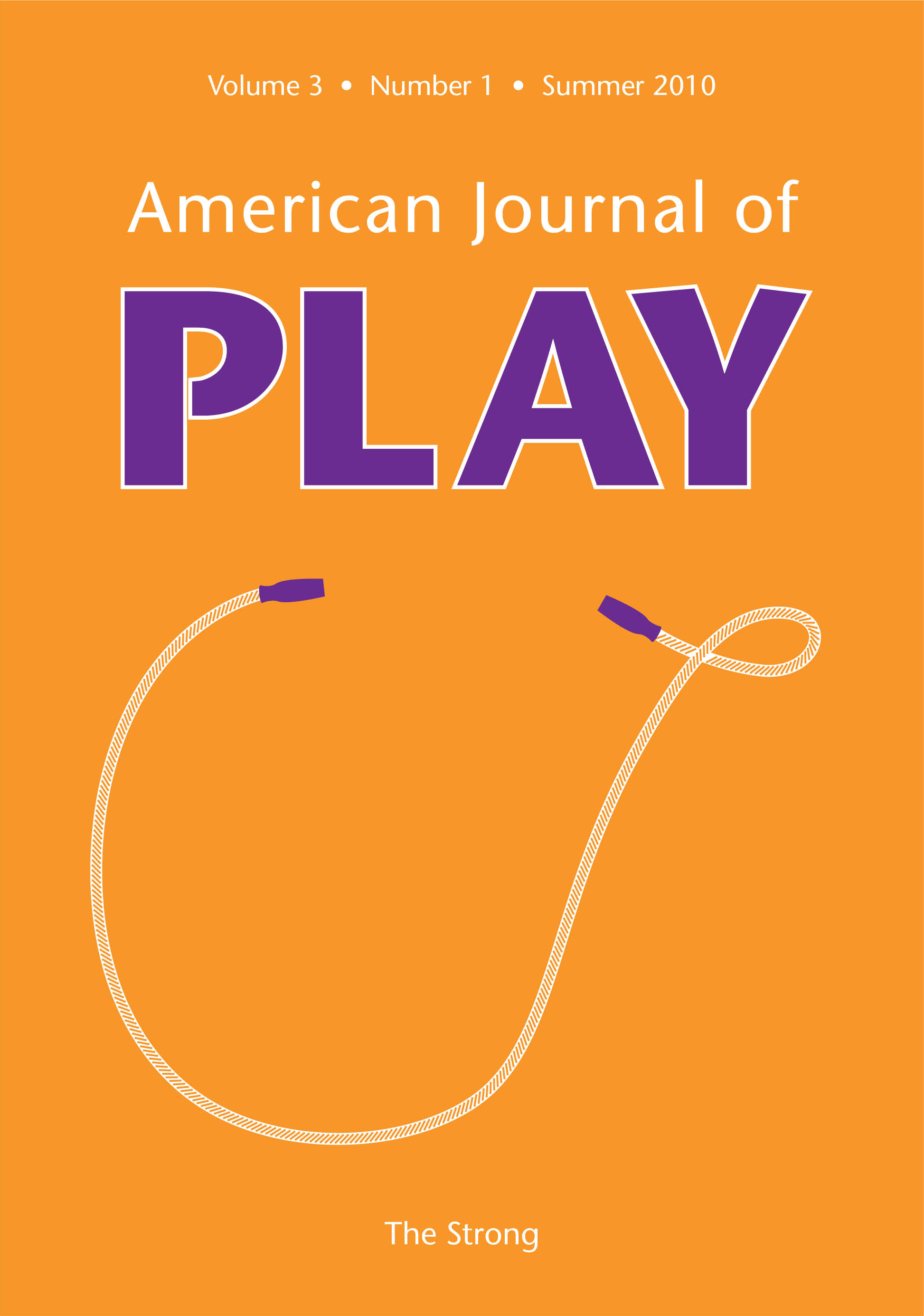Playing with Wolves: An Interview with C. J. Rogers
Since 1992 C. J. Rogers has lived with wolves and studied their societies at Raised by Wolves, a licensed, nonprofit research sanctuary situated in a high valley of New Mexico’s Zuni Mountains, not far from the Four Corners. Rogers, who has taught at Northeastern Illinois University and Western New Mexico University, holds doctorates in both psychology and behavioral ecology, and she applies her knowledge of both disciplines to interpreting the emotional dynamics of wolf packs in the habitats—the playgrounds—that she has constructed. Rogers describes herself both as a playmate and a sentry for the misunderstood animals she loves and protects. She observes wolves in literal harmony as they sing, and she carefully chronicles their inventiveness and mischief as they play. She also studies closely how conflict arises in and is managed by the packs and how grieving ends play in the complex social systems. In this wide-ranging interview, she offers a fresh interpretation of the role of play in the evolution of humans and wolves, including new views about how early humans learned from wolves.





